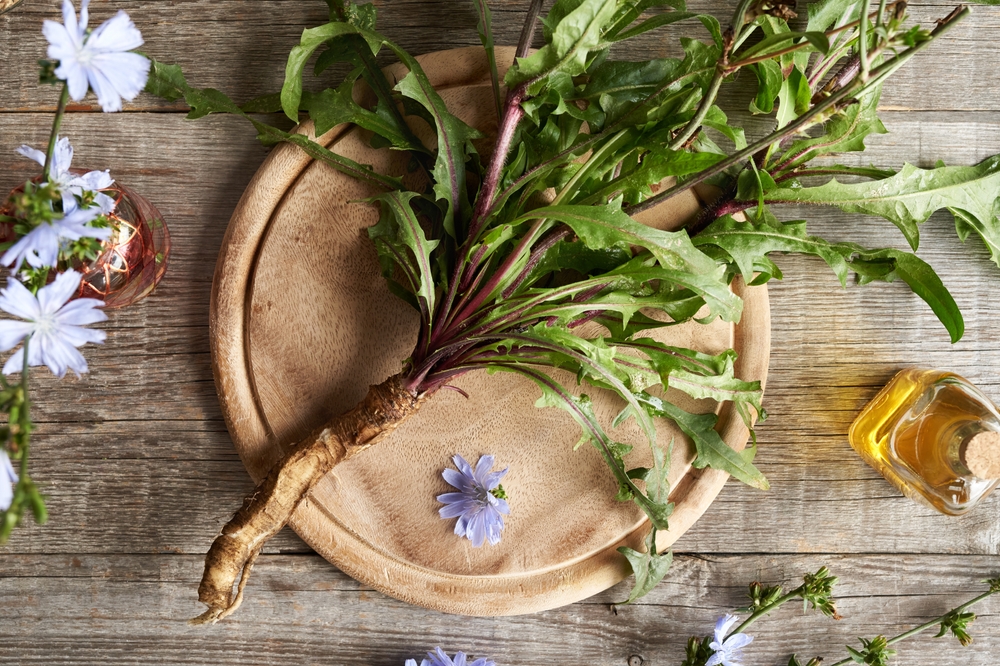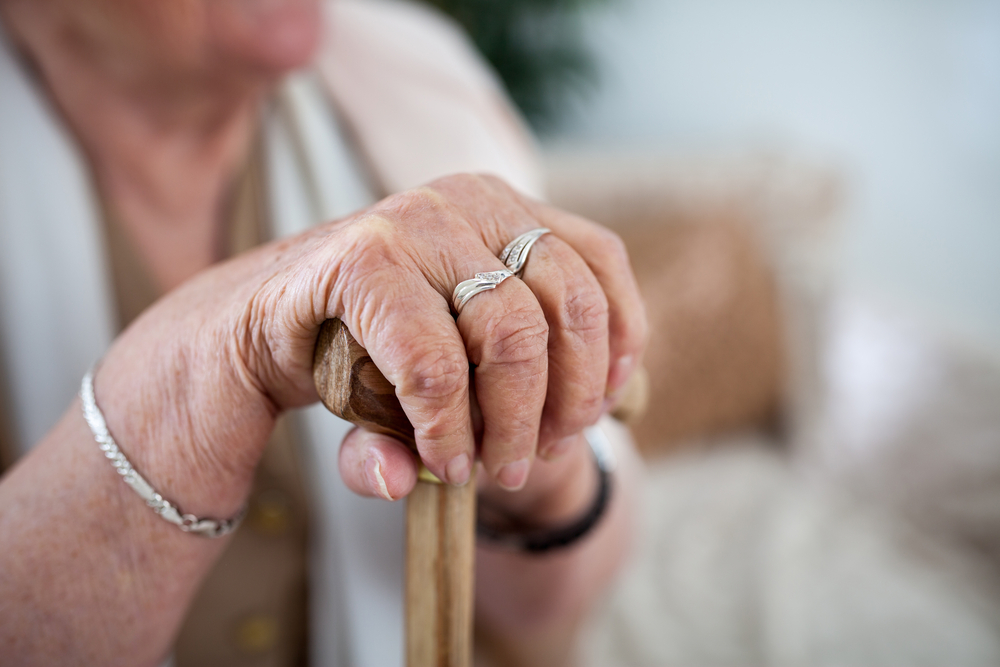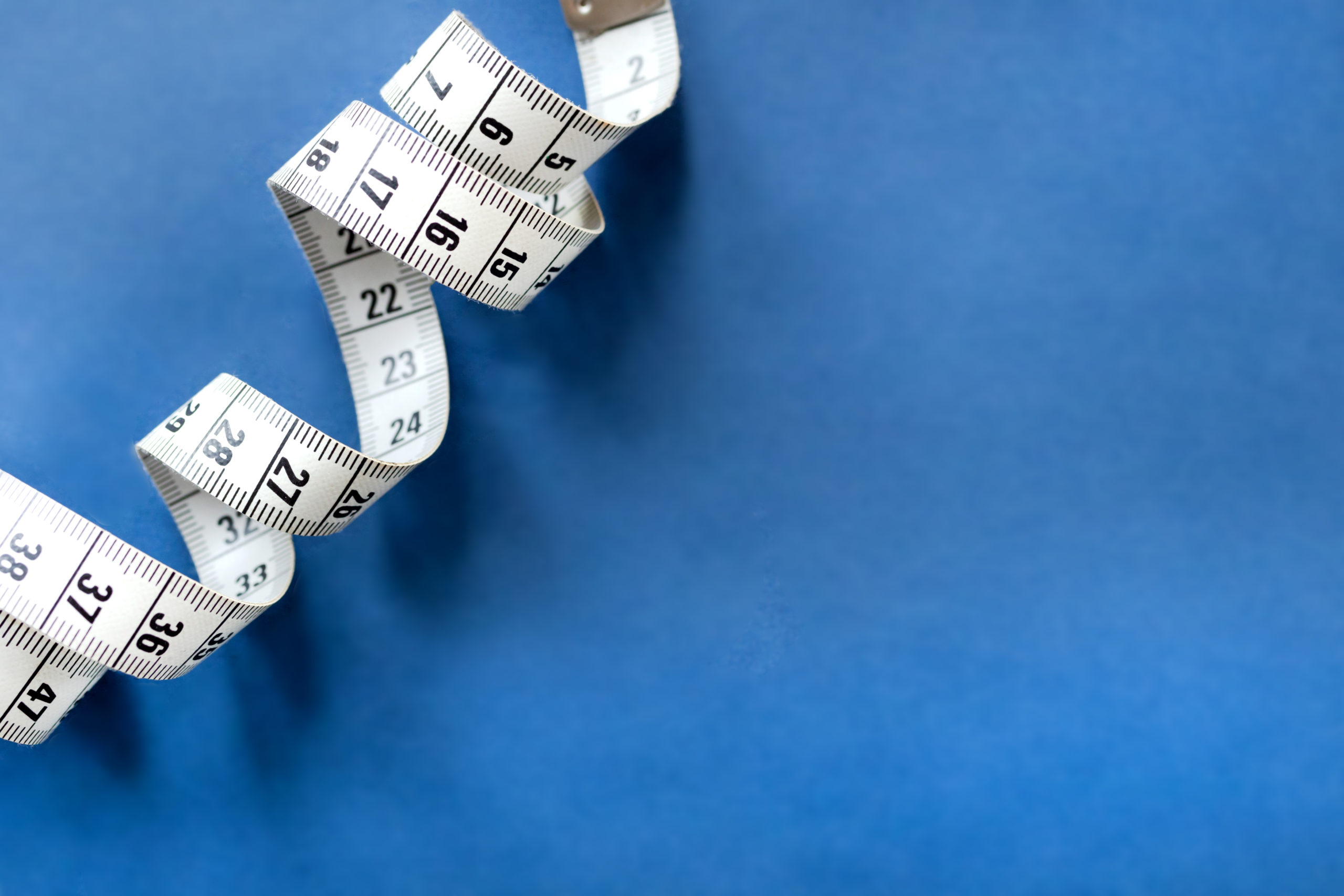In August, researcher Imre Kouw (37) secured a Veni grant from the Dutch Research Council (NWO) to do research on feeding strategies for intensive care patients. ‘I want patients to leave the hospital in a better state and be able to play with the grandchildren again sooner.’
‘I want to work with very ill patients and see what we can do for them with nutrition,’ dietician Imre Kouw told her professor at her PhD graduation ceremony. She received an ESPEN fellowship, ended up in Australia, continued her career there on a Rubicon fellowship, and is now back in Wageningen with a Veni grant in the bag.
You have perseverance and luck on your side?
‘As a scientist you can apply for the available grants and fellowships. Grants are often for a specific research project, whereas the ESPEN and Rubicon are personal fellowships. Fellowships help you steer your research career in a particular direction. The Rubicon enabled me to apply the knowledge I had gained during my PhD research in research among IC patients, a target group I didn’t have much experience of.
And what you need when you apply for a grant is for all the pieces of the puzzle to fall into place. Take the Veni, for instance. I gained experience abroad and I can use the techniques I learned there in follow-up research in the Netherlands. It’s a combination of the right timing and the right place. But to be honest, you also have to write a lot of applications to get one of them honoured.’
‘You should also give careful thought to what is appropriate for which application and which funding body. At one point I got a grant from the Australian diabetes foundation, even though I wasn’t doing research into diabetes patients directly.
One morning on the ICU I found an empty room
But intensive care patients have disturbed glucose levels and therefore a raised risk of getting diabetes after a stay in the ICU. So you have to “sell” that well in your application. You need that kind of tactical wording when you write about yourself and your qualities too. Sometimes I write mainly about problems in clinical practice, drawing on my background as a dietician. And in other applications, I focus more on physiology and the underlying mechanisms that I want to be able to apply in practice.’
Tell us the story from the beginning.
‘In Maastricht I was an intern during my Master’s and then a research assistant and a PhD student in Professor Luc van Loon’s research group. They are one of the few groups in the world working with intrinsically labelled milk proteins: cow’s milk with proteins that are given a label so that researcher can use them in human trials. By taking blood and muscle samples from test subjects or patients at set times, we can measure how much milk protein is absorbed in the gut and built into muscle, and how fast.
‘During my PhD research I told the professor, “I want to work with even sicker patients and see what we can do for them with nutrition”.
In quarantine in Adelaide the police checked up on you every three days
And just then, we were contacted by a researcher from Adelaide who wanted to do research among ICU patients using the labelled proteins method. I was interested in that target group and I had been in Australia during my Bachelor’s degree. What is more, I had gained a lot of experience in Maastricht of using this research method with clinical patients. I was keen straightaway and the professor put me in touch with the Australian researchers. And off I went to Australia with 30 little pots of dried milk powder in my hand luggage. The professor wouldn’t let me put it in my checked-in luggage as it was 50,000 euros’ worth of research material.’
After your PhD you went to work as a postdoc at the Australian Catholic University in Melbourne. Then 18 months later the Covid pandemic started. How did that affect you?
‘My boyfriend had moved to Australia with me. I was working as a postdoc in Melbourne and he was doing so in Adelaide. That doesn’t sound far but it is about 800 kilometres away. For the first year and a half we lived apart and flew up and down to see each other regularly. I was keen to work with ICU patients, which wasn’t possible in Melbourne. I still had contacts in Adelaide but I didn’t have any funding to work there. Through the Dutch Research Council I then applied for and got a Rubicon fellowship. And that’s how it came about that I moved from Melbourne to Adelaide in the middle of the pandemic.’
‘Australia was in total lockdown at the time. We looked for housing online. There was a very strict lockdown in Melbourne: no one was allowed more than five kilometres from their home, whereas Adelaide wasn’t as badly affected by Covid. On the day of the move, we drove 800 kilometres to Adelaide in Southern Australia with all our stuff. We arrived after dark at our house, which we had chosen via a video link. Because we had come from a different state, we then had to go into quarantine for two weeks in that house, so we had no idea what kind of neighbourhood we were in. We camped in our new house for those two weeks. Every three days, the police came by to check whether you were at home.’
Why did you return to Wageningen?
‘In Adelaide, I was researching the differences between continuous feeding and bolus feeding (feeding in portions, ed.) in ICU patients being tube-fed fluids. In most ICUs, patients are fed 24 hours a day, but that’s not how people normally eat.
I can’t usually talk to the patients; they are connected to tubes or under sedation
We suspect that it is better for a number of metabolic processes to give the patients portions – boluses – at intervals throughout the day. But doctors are afraid that patients will have a bad reaction to that. They might suffer vomiting or reflux, for instance, increasing the risk of pneumonia; or a patient’s blood sugar might go too high or too low.’
‘We loved living in Australia. But after we had a baby son, it started to bother us that we still couldn’t see our families because of the pandemic. At that point, my Rubicon grant was coming to an end, so I started to look into the possibilities for finishing my research from the Netherlands. I still knew a few professors of Human Nutrition and Health from my time in Wageningen. Since May 2022 I’ve been working at WUR on research on the effect of the timing of feeding on the metabolism of ICU patients.’
It sounds as though you can settle somewhere new quite easily. Is that true?
‘From the age of three, I lived for more than three years in West Africa with my parents and brother. My parents always used to take us on trips as children – we saw a lot of the world. When I told my parents that I wanted to do a Master’s in Nutrition Sciences at the Karolinska Institute in Sweden, they were enthusiastic from the get-go. So I grew up being encouraged to discover the wider world.
Maybe in terms of career, I wanted to do something a bit unusual. Everyone on my Bachelor’s in Dietetics who wanted to do a Master’s went to VU University Amsterdam or WUR. I wanted to do a Master’s taught in English. I wanted to stand out, I think, and to be independent. It helped me get where I am now.
‘Actually I would happily move back to Australia. We had a four-wheel drive there with a roof tent, and we regularly went camping in the wild, even with a three-month-old baby. You often don’t have a phone signal there, so it’s much easier to leave work behind and relax – wonderful. I enjoy living in a foreign country, discovering a new culture and meeting people. You take bits of their culture home with you. The Dutch love planning ahead, for instance, but it’s no good coming to me anymore with a question like: can we make a date for a Sunday in six weeks’ time at two pm?’
What do you hope to achieve with your research?
‘I want to study how we can support patients better through the feeding method we use: both people who are admitted to hospital for a few days, and people who are seriously ill like ICU patients who are dependent on medical feeding. I want a patient to be discharged from hospital faster and in a better state, and for them to be capable of living independently at home, and to be able to work in the garden or play with the grandchildren again sooner.’
‘We’re talking about my research and my ideas now, but I’m doing this in order to help patients make progress.
I went to Australia with 30 little pots of powder in my hand luggage
Because if we demonstrate that bolus feeding is safe and has a positive impact on metabolic processes, why go on feeding patients continuously, day and night? Why don’t we opt for meals spread over the day? Doctors, physiotherapists, dieticians and nurses think it’s a very interesting study too. That is a big incentive for me to carry on with this research.’
Why are you keen to work with ICU patients? It’s an unusual target group.
‘More than half the patients in the ICU are on oxygen or under sedation. Machines temporarily take over the functions or organs that are failing due to illness or trauma. Patients are connected to tubes. You can’t usually talk to them, so as a researcher I mainly have contact with their immediate family. They are extraordinary conversations: I ask them to decide on their relative’s behalf to participate in a study that doesn’t directly support the healing process.’
‘In Adelaide I was working at a very big ICU with 60 beds. By way of comparison: the Gelderse Vallei hospital in Ede has 17 beds. In Australia, patients come to the ICU from thousands of kilometres away because there aren’t extensive medical facilities where they live. They have often had bad accidents, have severe burns, are seriously ill or have been bitten by a shark.’
How does it affect you to work with such seriously ill people?
‘There are so many extreme cases that you do learn to distance yourself a bit. You learn to cope with it. But the really bizarre and extraordinary stories stay with you. And I still remember the time when I came at eight in the morning to take blood from a patient I had been monitoring for my research for several days. When I entered the room, it was empty. Even the bed was gone. The patient had died that night. You need to take the time to process situations like that.’
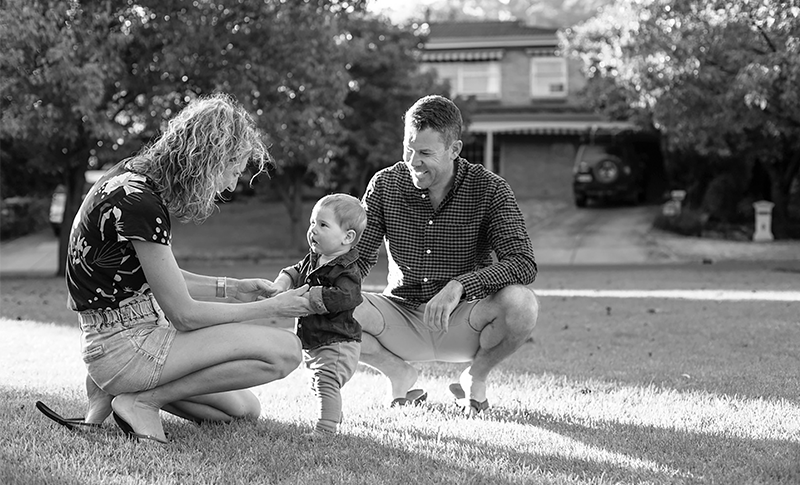

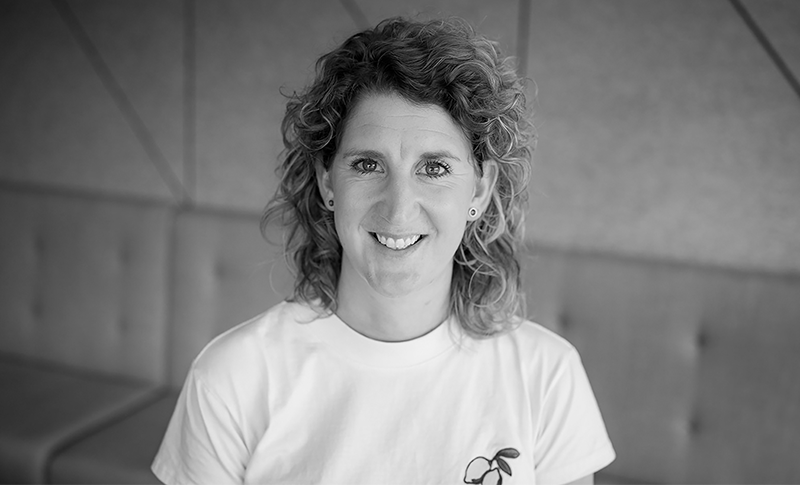 Photo Australian Catholic University
Photo Australian Catholic University
